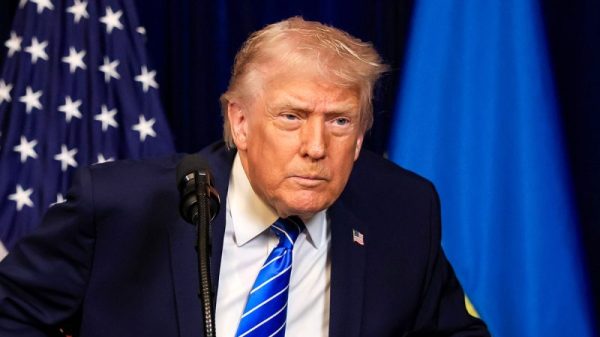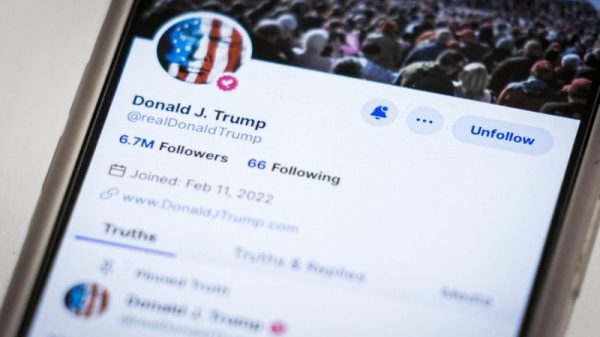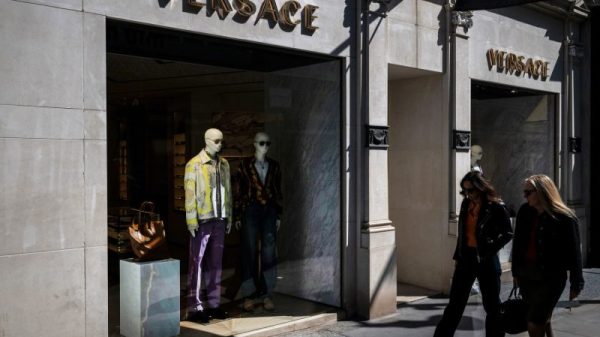Kaspersky is a multinational cybersecurity company that makes antivirus software, but it’s now banned in the U.S. The Biden administration recently announced plans to stop the sale of antivirus software from Russia’s Kaspersky Lab in the States, saying the company’s ties with Russia pose a risk to national security. It’s also believed that Kaspersky’s software lets bad actors install malicious software and withhold critical updates.
Why is the US banning Kaspersky?
Kaspersky is getting banned in the U.S. after the Bureau of Industry and Security (BIS) conducted a review of the company’s cybersecurity and anti-virus transactions. BIS notes that the company poses ‘unacceptable risks to the United States’ national security and the security and safety of its people.’ The main concerns are Kaspersky’s connections to Russia, the potential security weaknesses in Kaspersky’s products, and the chance that Russia could exploit these weaknesses.
In an announcement, BIS specifically listed five risks Kaspersky poses to national security. Kaspersky’s ties to Russia are a major concern. BIS states that Russia is a foreign adversary that poses ongoing threats to the United States. According to the agency, Kaspersky is under the jurisdiction and control of the Russian government, allowing it access to sensitive information from U.S. customers.
Other reasons given for the Kaspersky ban include the software’s ability to install malware. ‘Kaspersky software allows for the capability and opportunity to install malicious software and withhold critical updates,’ says BIS. ‘The manipulation of Kaspersky software, including in U.S. critical infrastructure, can result in data theft, espionage, and system malfunctions. The products also threaten economic security and public health in the U.S., potentially resulting in injuries or loss of life.’
Kaspersky’s ban in the U.S. shouldn’t come as a surprise since the firm has been on the government’s radar for quite some time. In 2017, the U.S. banned the use of the Moscow-based cybersecurity firm’s products across all government agencies.
Kaspersky’s response to the ban
Kaspersky denied Friday that it is a security threat, saying the government had based its decision on the ‘geopolitical climate and theoretical concerns’ rather than independently verifying if there was a risk. The company says it cannot obtain sensitive data on Americans and that its operations and employees in Russia can only access aggregate or statistical data not attributable to a specific person.
Below is part of the company’s official statement. The full statement can be read on Kaspersky’s website.
‘For over 26 years, Kaspersky has succeeded in its mission of building a safer future by protecting over a billion devices. Kaspersky provides industry-leading products and services to customers around the world to protect them from all types of cyber threats, and has repeatedly demonstrated its independence from any government. Additionally, Kaspersky has implemented significant transparency measures that are unmatched by any of its cybersecurity industry peers to demonstrate its enduring commitment to integrity and trustworthiness. The Department of Commerce’s decision unfairly ignores the evidence.’
What does this ban mean for you?
The Kaspersky ban essentially means you will not be able to purchase its software products, and if you already have one, it will stop working soon. Starting July 20, Kaspersky and any of its partners will not be able to sell or license cybersecurity or antivirus software in the U.S. Resellers who already have the products in stock will be able to sell them, but only until Sept. 29.
It’s worth noting that while BIS has banned most Kaspersky products, some have been exempted. These include Kaspersky Threat Intelligence products and services, Kaspersky Security Training products and services, and Kaspersky consulting and advisory services.
Existing Kaspersky customers have until Sept. 29 to find an alternative, as the company will no longer be able to provide antivirus signature updates after this date.
Which antivirus should you choose now that Kaspersky is banned?
Kaspersky’s antivirus was widely used, but now that it has been banned, it’s important to look for alternatives. An antivirus is the best way to protect yourself from clicking malicious links that install malware, which may gain access to your private information. It can also alert you to phishing emails or ransomware scams.
Kurt’s key takeaway
The U.S. government raised serious national security concerns regarding Kaspersky’s ties to the Russian government. If true, a ban is absolutely necessary. However, Kaspersky maintains it’s a private company with no ties to Moscow. It remains unclear whether these claims are credible. One thing’s for sure: Kaspersky’s absence would leave a significant gap in the cybersecurity market, creating a prime opportunity for competitors to step up.
Do you believe the concerns about Kaspersky’s ties to Russia and potential threats to national security are justified? Let us know by writing us at
For more of my tech tips & security alerts, subscribe to my free CyberGuy Report Newsletter by heading to
Follow Kurt on his social channels
Facebook
YouTube
Instagram
Answers to the most asked CyberGuy questions:
What is the best way to protect your Mac, Windows, iPhone, and Android devices from getting hacked?
What is the best way to stay private, secure, and anonymous while browsing the web?
How can I get rid of robocalls with apps and data removal services?
How do I remove my private data from the internet?
Copyright 2024 CyberGuy.com. All rights reserved.






































